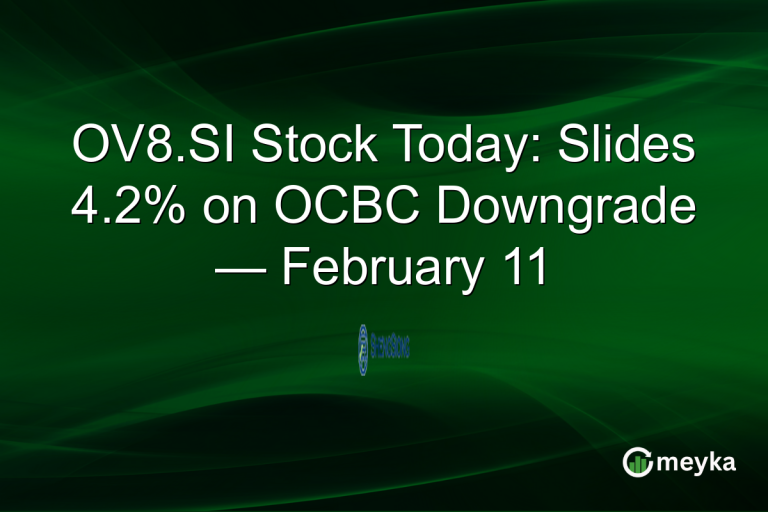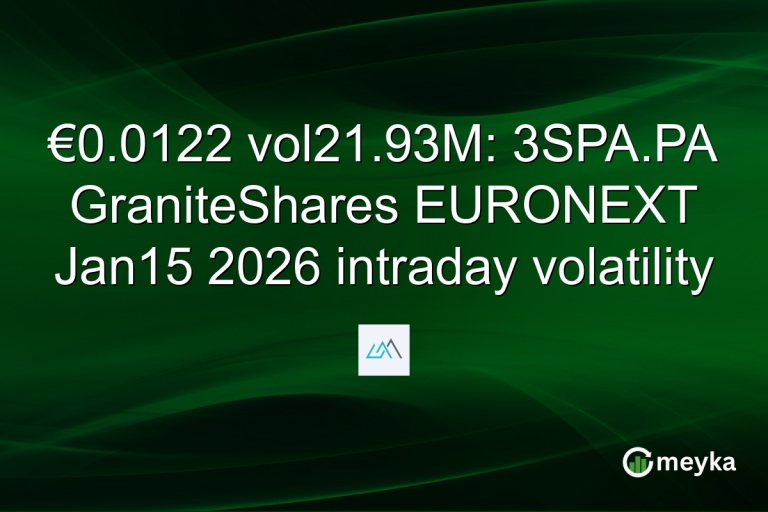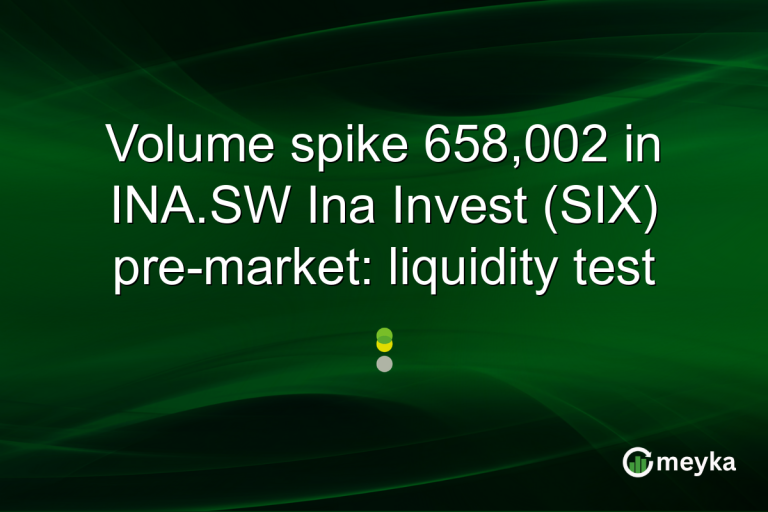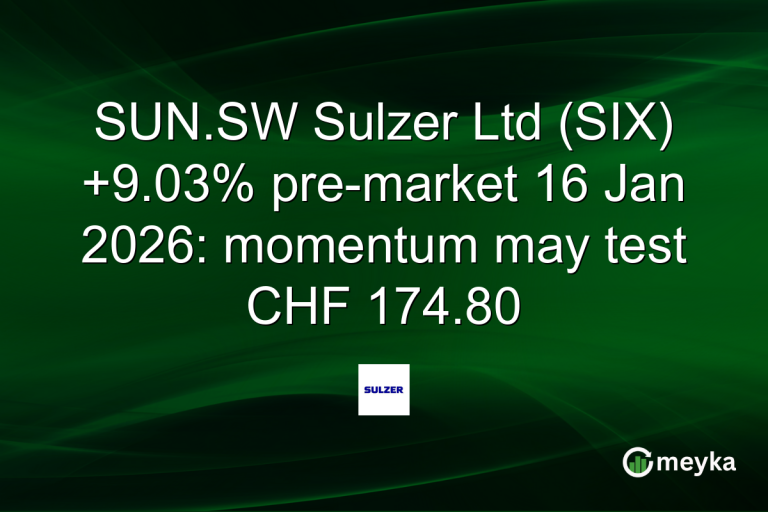V News Today, Nov 12: Visa and Mastercard Face Criticism Over $200B Swipe Fee Settlement
Visa and Mastercard are in the spotlight today as they face criticism from merchant groups over a proposed $200 billion settlement aimed at addressing swipe fees. The settlement, intended to lower credit card interchange fees, is under fire for allegedly not doing enough to ease the burden on merchants. With the deal pending court approval, these tensions highlight the ongoing debate about high credit card processing costs. As industry giants, any decision by Visa (V) and Mastercard (MA) could have wide-reaching implications in the financial sector.
Continue Reading on Meyka
This article is available in full on our main platform. Get access to complete analysis, stock insights, and more.
Read Full Article →





